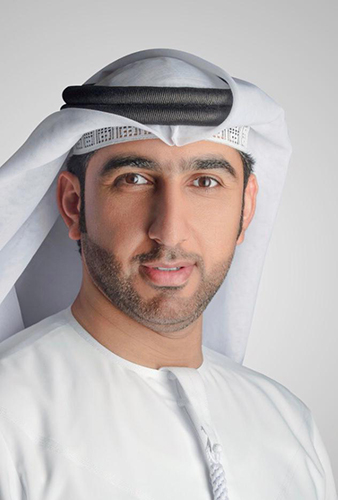Abdullah Abdel Karim
(An Emirati writer)
In our battle to adjust to the ‘new normal’ imposed on us by the Covid-19 pandemic, we have had to accept a number of instructions and measures, either openly or anxiously from the enforced lockdowns, virtual working, suspension of flights in anticipation of the easing of these restrictions and returning to normal.
The rapidly-changing environment has meant that we have to be more adaptive.
This is challenging – and even more so for those of us who don’t like change at the best of times. The pandemic has given us the ability to deal agilely with two opposite patterns of life: ُhe virtual and the real.
If we reflect on our personal life with all its ups and downs in the past and present, we will gain new experiences that empower us, not weaken us.
As history has proved, economic recovery follows recession and leads into a new expansion of the business cycle. Each one of us should review the crises they have gone through in the course of our lives in order to recover from intellectual and perceptual flaws and embrace new opportunities in life.

That there is no clear end in sight for Covid-19 has generated dreams for many people for the post-pandemic world. Have we ever wondered what our lives will be like if we stop our bad practices, too?
Have we mobilised ourselves to avoid any behavioural defects that once caused a crisis in our personal life?
Economists say that the post-pandemic period requires increasing the activities of vital economic sectors to expedite economic recovery and restore the sustainable and comprehensive development process. This necessitates the implementation of structural policies, economic reform programmes and diversity production.
Each one of us also needs to undergo mental and intellectual reform to lead a more meaningful life.
We have grown used to social distancing to ensure our safety from the pandemic. So, can we accustom ourselves to distancing ourselves from our wrong practices to save ourselves from their expected negative repercussions?






Discussion about this post